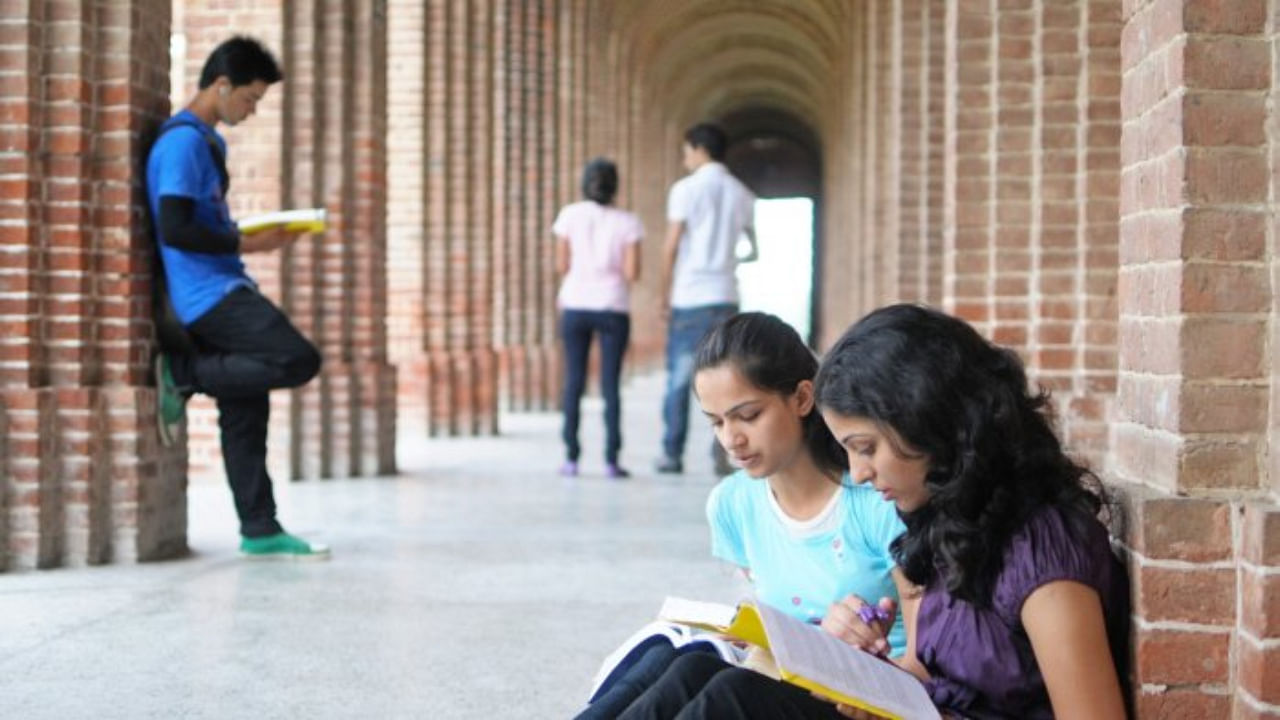
Representative image of students studying in a college.
Credit: Getty Photo
In his book The Global Achievement Gap (2008), Tony Wagner recommends seven essential 21st-century survival skills: critical thinking and problem-solving, collaboration and leadership, agility and adaptability, initiative and entrepreneurialism, effective oral and written communication, accessing and analysing information, and curiosity and imagination. In addition, skills such as media literacy, technology literacy, initiative, productivity, and social skills are also grouped under 21st-century skills.
Educators agree that today's students should possess skills for exploring and investigating the world beyond their immediate environment, recognise perspectives, accept and respect others, communicate various information and ideas to a diverse audience, and be ready to take action to improve conditions.
Why are these skills indispensable?
In an era dominated by AI and rapid technological progress, routine tasks once handled by humans are now effortlessly managed by computers and machines. Consequently, contemporary workplaces require individuals equipped with higher-order cognitive abilities. The globalised marketplace has intensified competition; therefore, individuals must have nuanced thinking and exceptional communication skills.
Secondly, nurturing civic knowledge and engagement is paramount. By honing critical thinking skills, students are empowered to scrutinise information, discern biases, and cultivate a deeper understanding of complex issues. Such informed and responsible citizens are better equipped to make intelligent decisions, enhancing societal well-being.
Thirdly, communication and collaboration across borders are imperative in an increasingly interconnected and interdependent world. Globalisation has rendered geographical boundaries irrelevant, reinforcing the importance of collaborative work in diverse cultural contexts to address transnational challenges.
Integrating these skills into the curriculum demands diligence, comprehension and engagement. The following pointers may help educators.
Relevant curriculum: Educators must first prioritise relevance in their curriculum design. The lack of relevance leads to disinterest and diminished student motivation, hindering learning. To ensure relevance, instructors should introduce generative topics likely to resonate with learners' interests. Issues that directly affect or captivate students, such as the climate crisis, human rights, migration, unemployment, and justice, should be incorporated for discussion. These subjects are relatable, pertinent to students' lives, and enable fruitful interactions.
Focus on higher-order thinking skills: A deep understanding of concepts and applying knowledge in real-world contexts are paramount. Regrettably, while our education system often emphasises comprehension, the application receives scant attention. A paradigm shift is imperative. Educators must prioritise fostering profound understanding rather than fixating solely on the number of subjects and lessons covered. A flipped classroom could be an excellent method here.
Recognise the limitations of school-taught skills and teach students how to learn independently. Metacognition—understanding one's cognitive processes—is critical. It boosts curiosity and motivation and fosters active, creative learners. Tools like concept maps and promoting positive mental learning models enhance this process. Educators nurture self-directed learners adept at autonomously navigating the complexities of learning by instilling metacognitive strategies.
Rectifying misunderstandings: Young learners often harbour misconceptions about various concepts, and these misconceptions persist without guidance to explore alternative perspectives. It's essential to actively involve them in constructing new understandings. Educators are responsible for identifying these gaps and offering opportunities for students to correct their misconceptions. By fostering an environment where exploration and clarification are encouraged, educators empower learners to develop accurate and robust understandings.
Teamwork: Collaboration is a vital 21st-century competency, essential as a desirable outcome, and a fundamental condition for optimal learning. Research on learning underscores that students benefit significantly from peer interaction. However, traditional classroom settings, built on the transmission model, often neglect opportunities for peer learning, leaving students overly reliant on teachers and textbooks.
To address this gap, the instructional design must prioritise group learning, facilitating debates, arguments, and role-playing exercises. Educators could promote collaborative learning experiences by creating environments where students engage with peers, exchange ideas, and collectively construct knowledge. This approach enhances academic outcomes and cultivates essential teamwork and communication skills important for success in the modern world.
Use of technology and fostering creativity: Undoubtedly, technology holds immense potential to enrich students' educational experience. Yet, its full benefits often remain untapped due to constraints such as limited resources, reduced interest, and awareness. Consequently, the dominance of the transmission model persists. However, the Internet is a vast repository of innovative resources and opportunities for creative pedagogical approaches.
Educators must receive comprehensive training in technology integration to effectively instill 21st-century skills in students. Additionally, concerted efforts should be made to nurture students' creativity.
(The author is a professor and dean of CHRIST University)